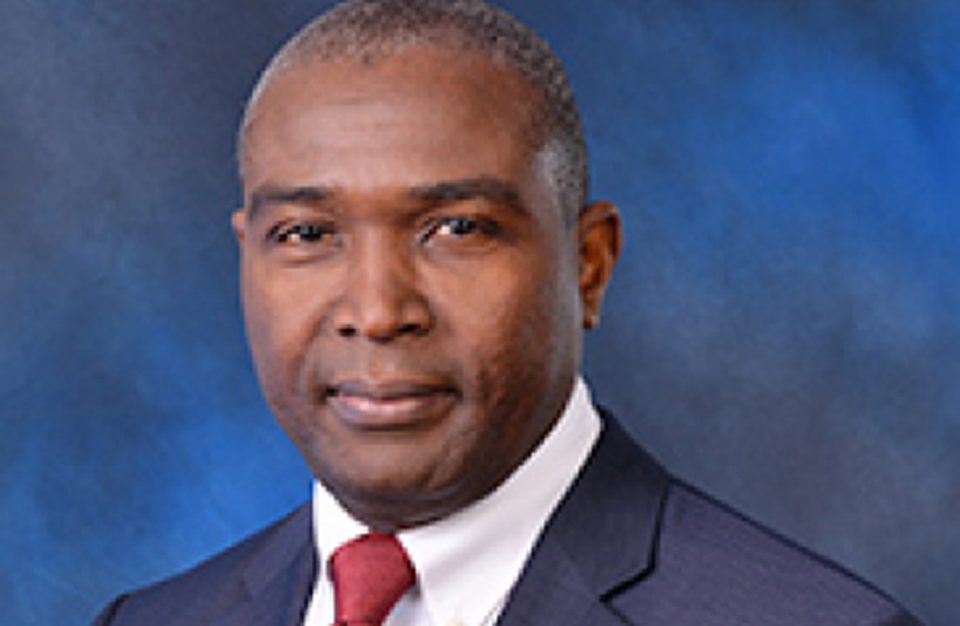The Managing Director/CEO, Nigeria LNG Limited, Dr. Philip Mshelbila has cautioned against pipeline vandalism, oil theft, illegal refining and illegal bunkering as the energy crisis worsens in Nigeria.
Speaking as a panelist at the just-concluded Nigeria Oil and Gas, NOG, Local Content Conference 2022, in Abuja, Mshelbila, said: “We have people who are participating in this activity, masquerading as though this is a community problem, and pretending to be immature modular refineries. That is not the case, this is criminality, outright criminality, and it needs to be dealt with as such.”
The NLNG boss, who described these vices as major challenges facing the oil and gas industry, said: “This problem is gradually strangling our industry, and if we don’t fix it, it is the parasite that is going to kill its host.”
Similarly, Managing Director, Shell Nigeria Gas and President, Nigerian Gas Association, Mr. E.D. Ubong, stressed that although the country has made progress, it is currently experiencing gas scarcity, leading to the high cost of the product.
He said: “Every sector you look at, export is the same story, that is the reality of where we are today. There is not enough gas for cooking, so the cooking gas price has gone up; there is not enough gas to fire the plants, so there is virtually no electricity. We are used to fuel scarcity, but we are also facing gas scarcity, and we all need to come together. There is a focused thing to do in the decade of gas, looking at how we are going to unlock it for the domestic market and for export.
We need to manufacture those cylinders; we need gas moving in the line of local demand and unlink it to export so that people can afford it.”
The session was targeted at identifying the challenges of effectively implementing gas policies, the strategies that must be in place to ensure the effective implementation of these gas policies, how the Nigerian energy industry can open opportunities with floating LNG in the face of growing global demand.
Other members of the panel session, which was moderated by Olu Verheijen, Managing Director, Latimer Energy, included Ademola Adeyemi-Bero, Managing Director and Chief Executive Officer, First E&P; Abdulkabir M. Ahmed, Group Executive Director, Gas and Power, NNPC; Julius Rone, Group Managing Director, UTM Offshore, and Roger Brown, Chief Executive Officer, Seplat Energy Plc.
Meanwhile, the prices of petroleum products, especially diesel and cooking gas continue to rise, due to many factors, especially lack of domestic refining, massive importation and smuggling to other West African nations.
In Nigeria, hydrocarbon is currently extracted from 323 developed fields located in both onshore and offshore terrains. These fields, which either contain crude oil, condensates or natural gas reservoirs, are connected to 265 production processing stations, after which the stabilised oil and gas are exported via 31 export terminals.
The onshore processing infrastructure is linked to eight (8) crude oil/condensates and NGLs export terminals through pipelines that span 5,284 km. Some of these delivery pipelines connected to the five onshore export terminals are utilised by both the asset operators and third-party oil producers, for transportation, storage and lifting of crude oil blends through export or delivery to domestic refineries




